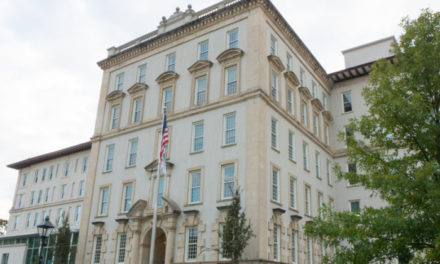In the recent misreporting of admissions data, former Emory employees acted heinously by unfairly representing itself to the general public, prospective students and, most importantly, currently enrolled students.
The misrepresented data consisted of scores for the SAT and ACT tests for admitted undergraduate students, rather than the requested scores of enrolled students, which were lower. Emory also misreported the high school class rank of incoming freshmen.
Falsified information has been submitted since 2000 to various agencies that use this statistical data to produce institutional rankings, including the U.S. News and World Reports which currently has Emory ranked as the 20th best college in America.
Despite the University’s assurances that the effect of this misreporting has been negligible in the past, we will not know the full extent of the consequences until the new rankings are released on Sept. 12.
The misreporting only now comes to light through the diligent and honest work of John Latting, the newly appointed assistant vice provost for undergraduate enrollment and dean of admissions. We commend Latting for coming forward once he noticed the disparity within the data.
We also approve of the steps the University has taken to assure that such a situation will never arise again. An independent Data Advisory Committee will be established to review policies and procedures for data reporting, as well as the hiring of an additional statistical analyst to take over the tasks of inputting and analysis of admissions data.
As far as the University’s reputation is concerned, these rankings are crucial for attracting the brightest minds possible and have consequences for current students and the value of their diplomas upon graduation. When applying for jobs, graduating from a top 20 school is much more impressive to potential employers than a top 30 or top 50 school would be.
The importance of the rankings, however, are the least of our concerns. The intentional misreporting of admissions data highlights bigger issues present within the admissions office and the process by which we report this information.
Misreporting has been going on for more than 10 years, supposedly without the knowledge of any of the higher officials in Emory’s administration, while being ordered from the previous deans of admissions. That the administration neglected to understand the internal workings within one of their most important offices is a disappointment.
But we, as a community, must remember that while the unethical actions of a few former officials may harm Emory’s rankings in the future, they, in no way, reflect the quality of Emory’s professors, students and honest administration officials who have and will continue working for the best interests of Emory’s students.
The above staff editorial represents the majority opinion of the Wheel‘s editorial board.
The Emory Wheel was founded in 1919 and is currently the only independent, student-run newspaper of Emory University. The Wheel publishes weekly on Wednesdays during the academic year, except during University holidays and scheduled publication intermissions.
The Wheel is financially and editorially independent from the University. All of its content is generated by the Wheel’s more than 100 student staff members and contributing writers, and its printing costs are covered by profits from self-generated advertising sales.





